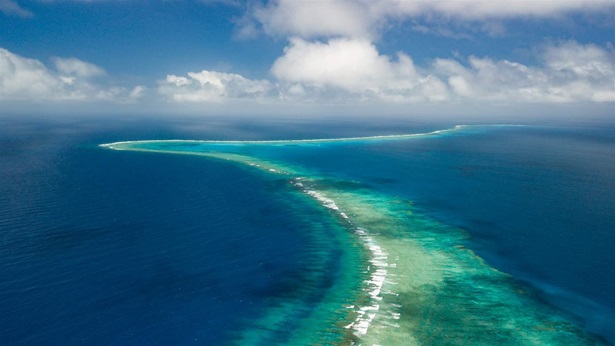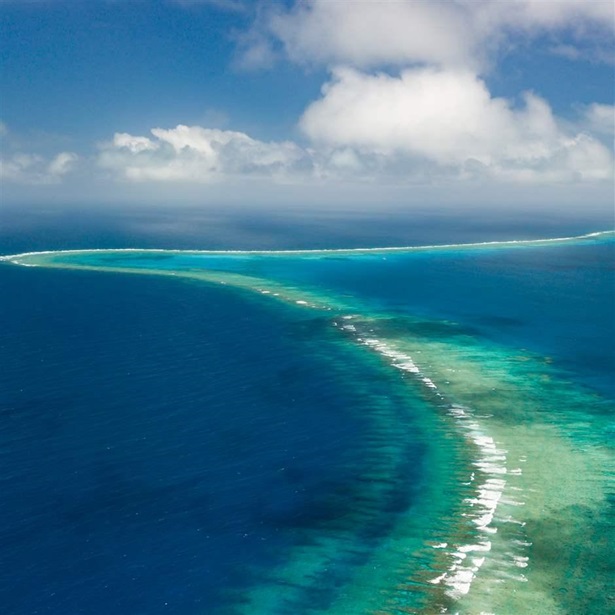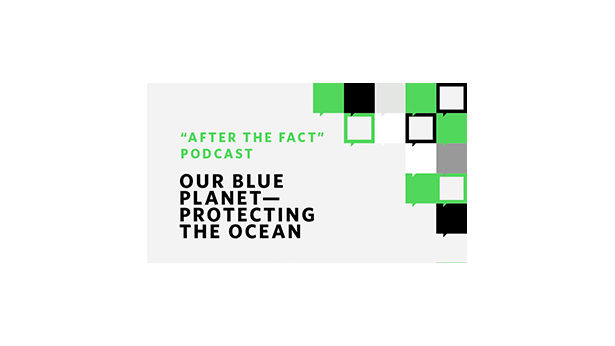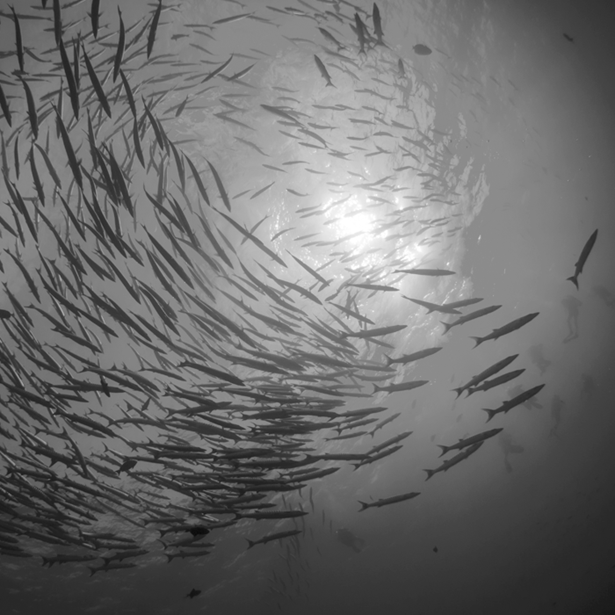New Caledonia, a French overseas territory in the South Pacific Ocean, is home to an incredible array of marine life, including more than 1,700 species of fish and 473 species of coral. The waters of the territory’s exclusive economic zone (EEZ) span 1.3 million square kilometers (501,932 square miles), within which lies one of the world’s largest lagoons.
In April 2014, New Caledonia created the Natural Park of the Coral Sea, which includes the entire EEZ. A government committee is developing a management plan that will define the regions of the park, how they will be used, and their levels of protection.
The Pew Bertarelli Ocean Legacy team is pleased to have been invited by the government to join the park management committee. Other members include representatives from the government, local institutions, environmental organizations, local communities, international and local nongovernmental organizations, and the private sector.”
The Pew Bertarelli Ocean Legacy Project is advocating for at least one vast, highly protected marine reserve to be included in the Natural Park of the Coral Sea. This level of protection fosters healthy marine ecosystems and maintains fish populations—particularly highly mobile and migratory species—and would help preserve the waters of New Caledonia for generations to come.
Pew Bertarelli Ocean Legacy Project
The Pew Charitable Trusts and Dona Bertarelli created the Pew Bertarelli Ocean Legacy Project, with the shared goal of establishing the first generation of ecologically significant, large, and effective marine protected areas (MPAs) around the world. Today, the Pew Bertarelli Ocean Legacy Project also seeks to connect MPAs and help conserve key migratory species and entire marine ecosystems. These efforts build on more than a decade of work by Pew and the Bertarelli Foundation, led by Dona Bertarelli, to create large-scale, highly or fully protected MPAs. Between them, they have helped to obtain designations or commitments to safeguard nearly 12.6 million square kilometers (4.8 million square miles) of ocean by working with communities, local leaders, philanthropic partners, Indigenous groups, government officials, and scientists. Dona Bertarelli is a philanthropist, investor, sportswoman, and strong advocate for ocean conservation. The Pew Charitable Trusts is driven by the power of knowledge to solve today’s most challenging problems, including the need for effective marine conservation.
Project Goals
The Pew Bertarelli Ocean Legacy Project is advocating for at least one vast, highly protected marine reserve to be included in the Natural Park of the Coral Sea. This level of protection fosters healthy marine ecosystems and maintains fish populations—particularly highly mobile and migratory species—and would help preserve the waters of New Caledonia for generations to come.
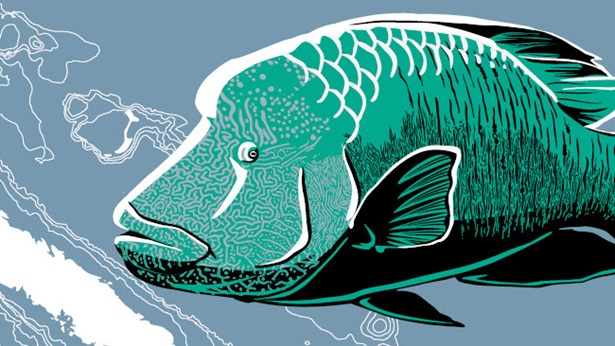
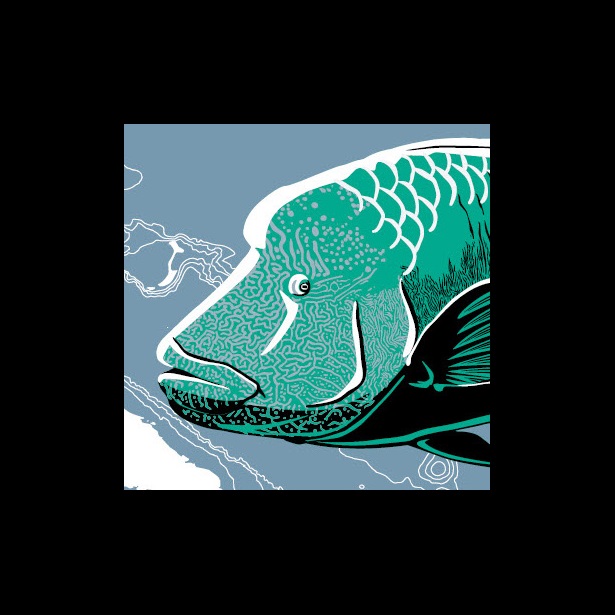
Preserving New Caledonia's Marine Environment
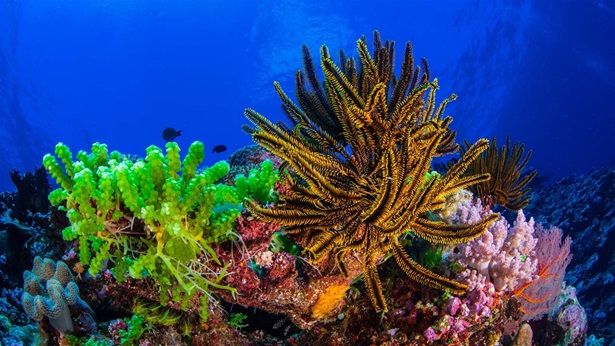
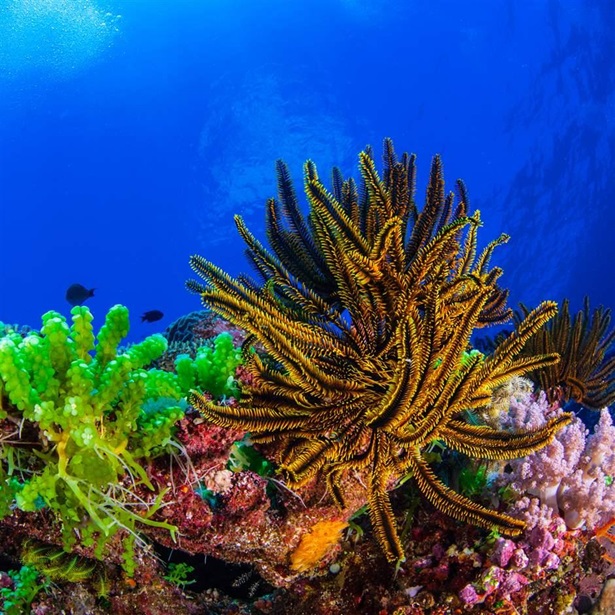
New Caledonia to Protect Its Coral Sea Natural Park
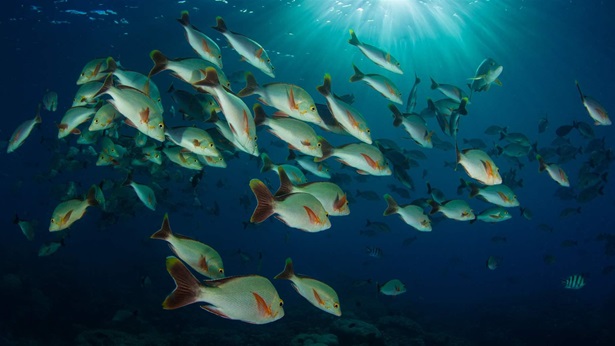
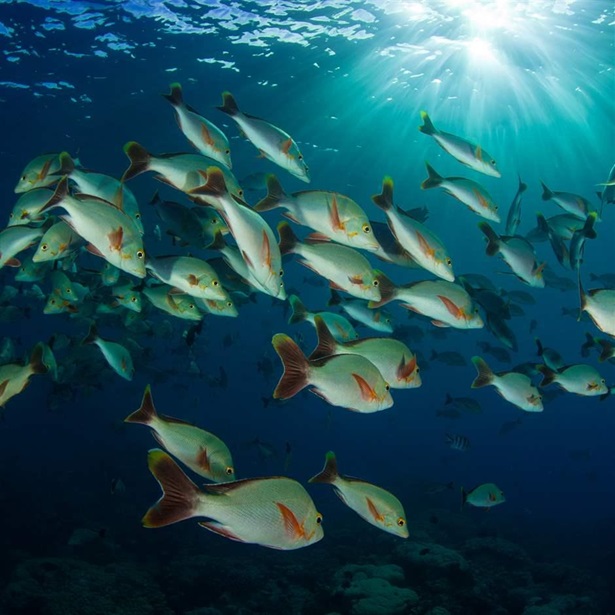
Help Make Ocean Protection a Priority for New Caledonia
